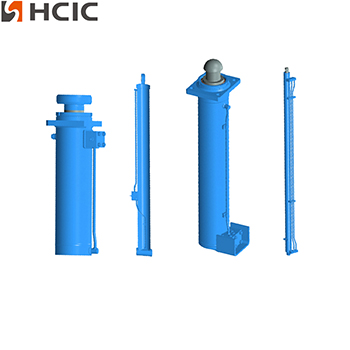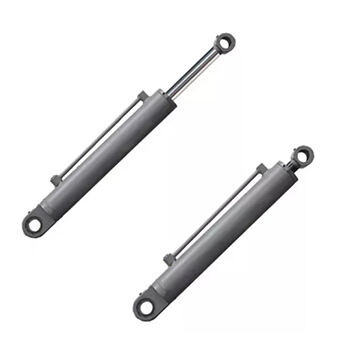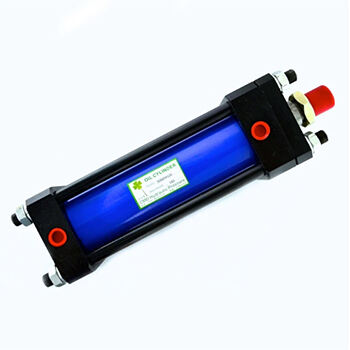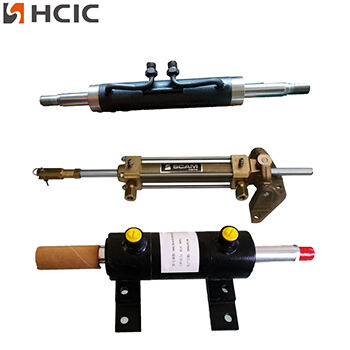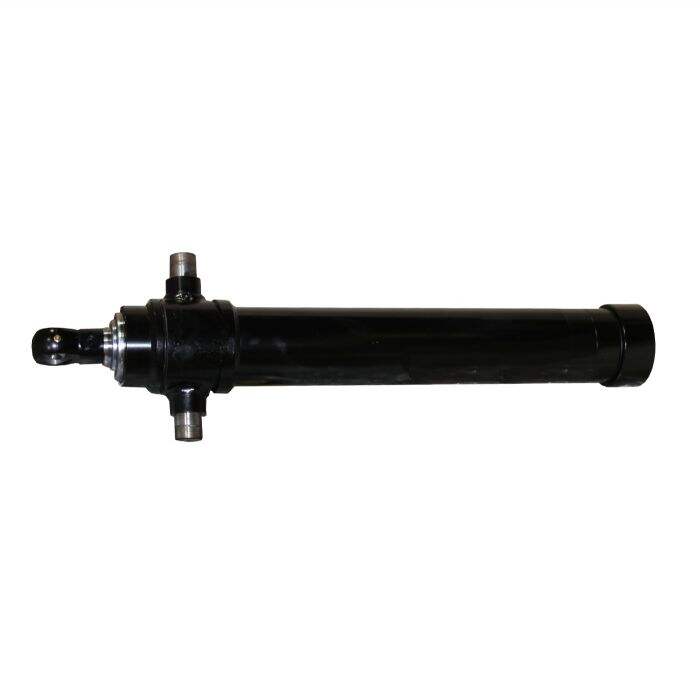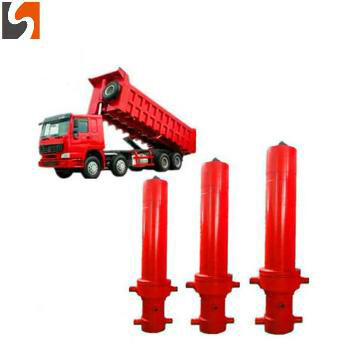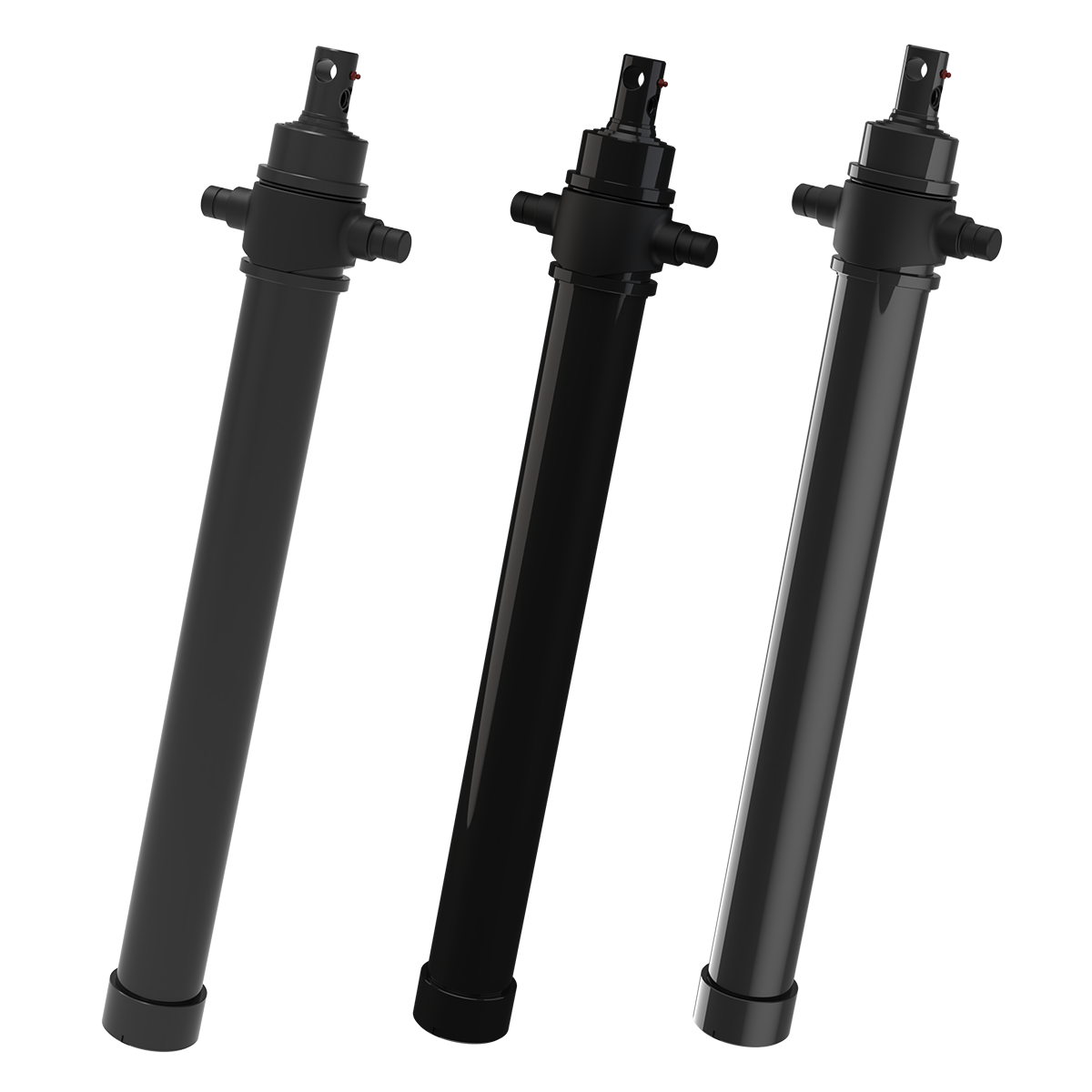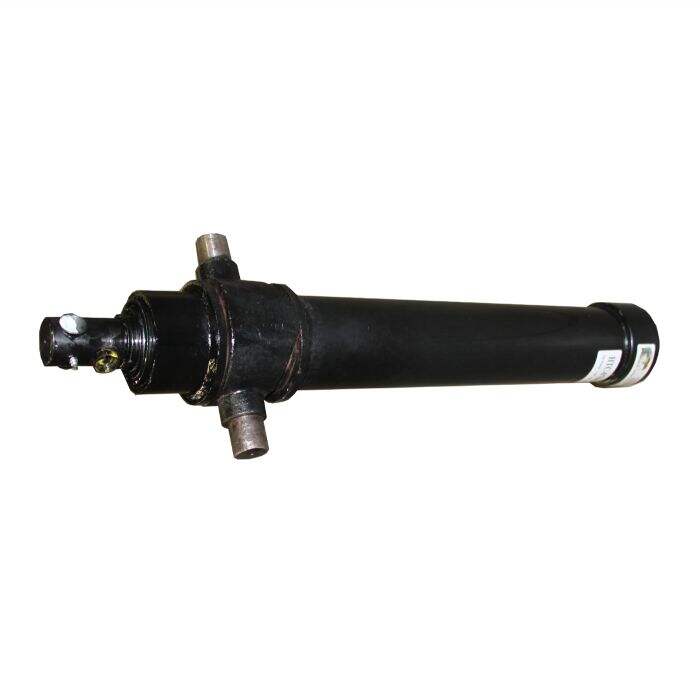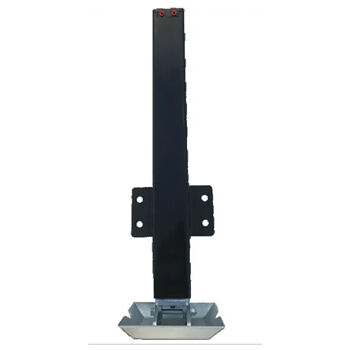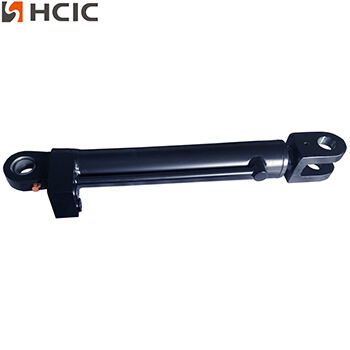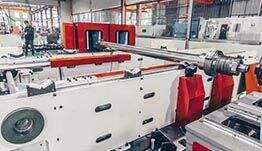استكشاف عميق لمبادئ أنظمة النقل الهيدروليكي، والمكونات والتطبيق
قانون باسكال
قانون باسكال هو الركن الأساسي لأنظمة الهيدروليك. ينص على أن أي تغيير في الضغط المطبق على سائل محبوس يتم نقله دون خسارة عبر السائل بالكامل. هذا المبدأ يسمح لأنظمة الهيدروليك بتكبير القوة. على سبيل المثال، إذا طبقت قوة صغيرة على مكبس صغير، يمكنها إنشاء قوة أكبر بكثير على مكبس أكبر داخل نفس النظام.
مكونات الأنظمة الهيدروليكية
1. مضخة هيدروليكية: تعتبر المضخة القلب النابض لنظام الهيدروليك. تقوم بتحويل الطاقة الميكانيكية (من المحرك أو الموتور) إلى طاقة هيدروليكية بنقل السائل الهيدروليكي من الخزان إلى النظام. هناك عدة أنواع من المضخات:
- مضخات التروس: بسيطة وقوية، مناسبة لتطبيقات الضغط المنخفض.
- مضخات الألواح: توفر تدفقًا ناعمًا وتستخدم في تطبيقات الضغط المتوسط.
- مضخات المكبس: كفاءة عالية ومناسبة لتطبيقات الضغط العالي.
2. السائل الهيدروليكي: يتم استخدام السائل في أنظمة الهيدروليك عادةً على أساس الزيت بسبب خصائصه التشحيمية واستقراره. ينقل السائل القوة، ويُشحّم المكونات، ويساعد على تبدد الحرارة.
3. الأسطوانة الهيدروليكية/المحرك: تقوم هذه المكونات بتحويل الطاقة الهيدروليكية مرة أخرى إلى طاقة ميكانيكية. توفر الأسطوانات الحركة الخطية، بينما توفر المحركات الحركة الدورانية.
- الأسطوانات الفعالة بشكل أحادي: يعمل السائل الهيدروليكي على جانب واحد فقط من البiston، مما يؤدي إلى الحركة في اتجاه واحد.
- الأسطوانات الفعالة بشكل ثنائي: يمكن للسائل الهيدروليكي أن يعمل على كلا جانبي البiston، مما يسمح بالحركة في الاتجاهين.
4. الصمامات: تتحكم الصمامات في تدفق واتجاه السائل الهيدروليكي. أنواع الصمامات تشمل:
- صمامات التحكم الاتجاهي: توجه تدفق السائل إلى أجزاء مختلفة من النظام.
- صمامات تخفيف الضغط: تحمي النظام من الضغط الزائد عن طريق تحويل السائل عندما يتجاوز ضغط معين.
- صمامات التحكم في التدفق: تنظم سرعة الأجهزة التنفيذية عن طريق التحكم في معدل تدفق السائل.
5. خزان: يخزن الخزان السائل الهيدروليكي ويساعد على تبدد الحرارة. كما يسمح للهواء والشوائب بالتخلص منها من السائل.
أنواع النقل الهيدروليكي
1. نقل هيدروستاتيكي: يستخدم هذا النوع طاقة ضغط السائل لنقل القوة. إنه فعال للغاية ويقدم تحكمًا دقيقًا، مما يجعله مثاليًا للاستخدام في آلات البناء والمعدات الصناعية. يتم استخدام النقل الهيدروستاتيكي غالبًا في الأنظمة التي تتطلب فيها التحكم في السرعة والاتجاه المتغير.
2. نقل هيدروكينيتيكي: يستخدم هذا النوع الطاقة الحركية للسائل. وهو شائع جدًا في التطبيقات السيارات مثل محول العزم في نقل الحركة الأوتوماتيكي. النقل الهيدروكينيتيكي مناسب للتطبيقات التي تحتاج إلى تسارع وتوقف سلس.
مزايا الأنظمة الهيدروليكية
- كثافة قوة عالية: يمكن لأنظمة الهيدروليك نقل كميات كبيرة من القوة باستخدام مكونات صغيرة نسبيًا، مما يجعلها مثالية للتطبيقات التي يكون فيها المساحة محدودة.
- الدقة والتحكم: تقدم أنظمة الهيدروليك تحكم دقيق في القوة والحركات، وهو أمر أساسي في التطبيقات مثل التصنيع والروبوتات.
- المرونة: يمكن توصيل المكونات الهيدروليكية بسهولة باستخدام خراطيم مرنة، مما يسمح بتصاميم أنظمة متعددة وصيانة سهلة.
تطبيقات أنظمة الهيدروليك
- معدات البناء: تُستخدم أنظمة الهيدروليك في الحفارات، الشاحنات، الرافعات، وغيرها من الآلات الثقيلة لتوفير القوة والتحكم اللازمين لرفع ونقل الأحمال الثقيلة.
- الماكينات الصناعية: تعتمد المكابس الهيدروليكية، ماكينات حقن البلاستيك، وأجهزة صناعية أخرى على أنظمة الهيدروليك لقدراتها العالية في القوة والتحكم الدقيق.
- السيارات: تُستخدم أنظمة الهيدروليك في القيادة الكهربائية، والفرامل، ونواقل الحركة الأوتوماتيكية لتقديم تشغيل سلس وموثوق.
تعد أنظمة نقل الحركة الهيدروليكية ضرورية في العديد من الصناعات بسبب كفاءتها، ومرونتها، وقابليتها للتحكم الدقيق في القوى الكبيرة. HCIC هي شركة متخصصة في تصنيع الهيدروليك، وتقوم بشكل رئيسي بتصميم أنظمة الهيدروليك، وإنتاجها، وتركيبها، وتحويلها، وتشغيلها، بالإضافة إلى بيع العلامات التجارية للمكونات الهيدروليكية وتقديم الخدمات الفنية. نأمل أن يساعد منتجنا في تقليل تكاليفكم وتحسين جودتكم. لمزيد من التفاصيل، يرجى إرسال بريد إلكتروني إلى "[email protected]" أو البحث عن "HCIC hydraulic" على جوجل.

 EN
EN
 AR
AR
 BG
BG
 HR
HR
 CS
CS
 DA
DA
 NL
NL
 FI
FI
 FR
FR
 DE
DE
 EL
EL
 HI
HI
 IT
IT
 JA
JA
 KO
KO
 NO
NO
 PL
PL
 PT
PT
 RO
RO
 RU
RU
 ES
ES
 SV
SV
 CA
CA
 TL
TL
 IW
IW
 ID
ID
 LV
LV
 LT
LT
 SR
SR
 SK
SK
 UK
UK
 VI
VI
 HU
HU
 TH
TH
 TR
TR
 FA
FA
 MS
MS
 GA
GA
 CY
CY
 KA
KA

